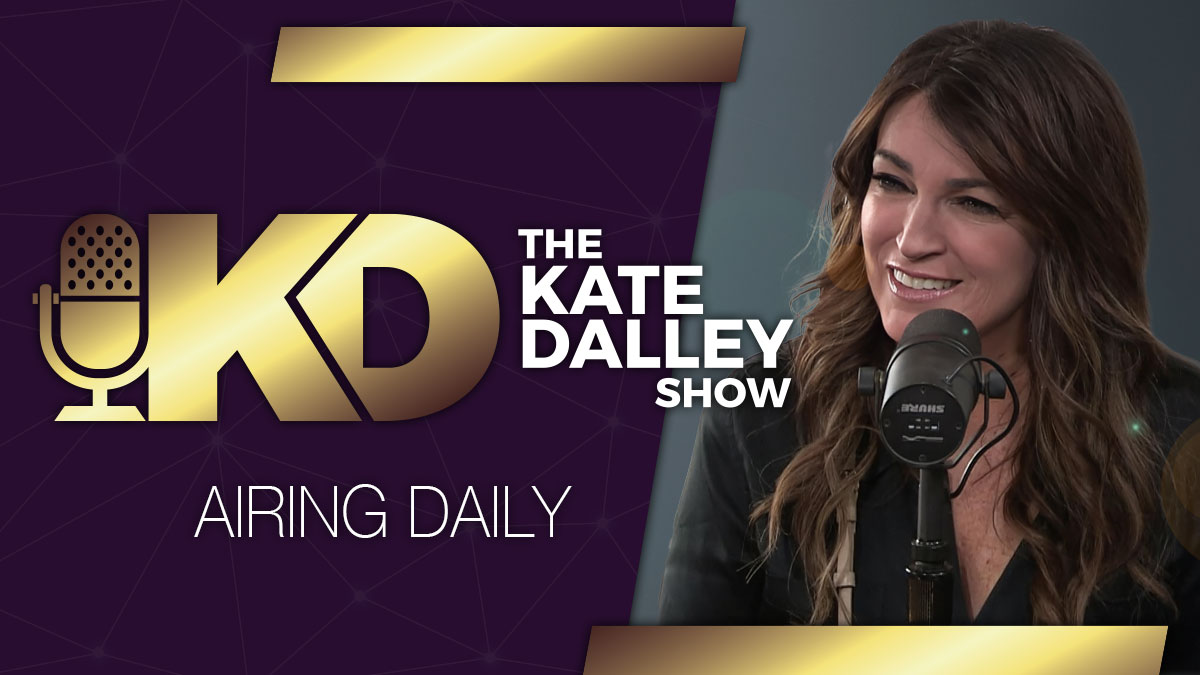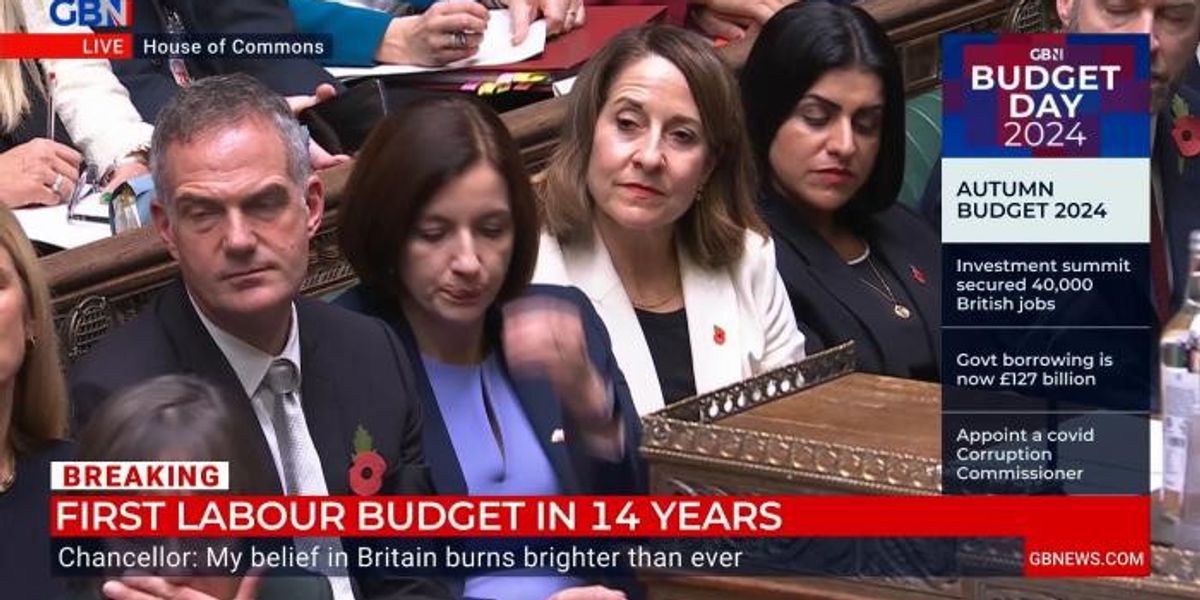Opinion polls say the race between Kamala Harris and Donald Trump comes down to a coin flip.
But there's a presidential prediction tool that's relatively new to the public at large and which tells a very different story about the 2024 race — odds posted to online wagering markets.
Those give the former Republican president a commanding 66 percent shot at winning on November 5, way ahead of his Democratic rival Kamala Harris, at just 34 percent.
Confused? Don't be, says Tarek Mansour, CEO of Kalshi, America's first legal online election prediction wagering platform, which has taken in more than $92 million in bets tied to the 2024 race.
'We should definitely trust the [wagering] markets,' Mansour told DailyMail.com this week.
Tarek Mansour, CEO of Kalshi, says election bettors are more accurate than pollsters because they have 'skin in the game.'
Kalshi's presidential election market gives Trump a striking 26-point lead over Vice President Harris.
'Prediction markets are places where people have money on the line, skin in the game. People don't lie with their money.'
Kalshi, Polymarket and other such platforms have quickly emerged as a way to put money on elections legally and gauge who's ahead, after cycles in which when pollster forecasts crashed and burned.
The opinion polls, which involve asking people how they plan to vote, said then-candidate Hillary Clinton would easily defeat Trump in 2016.
In the end, it was close and the Democrat lost — the polls could not have been more wrong.
In 2020, they gave President Joe Biden a comfortable lead over Trump; his final margin was much slimmer.
This week, the polling average by Real Clear Politics, showed Trump with 48.5 percent of the popular vote against 48.4 percent for Harris — a dead heat.
Kalshi, however, affords Trump a whopping 26-point lead over Harris. Polymarket, a similar, crypto-based platform, puts his lead at 33 percentage points.
Mansour and other tech bosses say the prediction markets are closer to reality.
Kalshi already outperforms the experts when predicting inflation, Fed interest rate adjustments and even earthquakes, he said.
Elon Musk likewise has said the betting markets are 'more accurate than polls, as actual money is on the line.'
Betting directly on elections is restricted in the US.
But such platforms as Kalshi, PredictIt and Polymarket, are not strictly gambling sites — they get around the restrictions by serving as venues for trading contracts on future outcomes.
Kalshi became the first legal prediction market in the US thanks to a federal appeals court ruling earlier this month.
Polymarket says it restricts US-based users from taking part, but crafty bettors sometimes get around that by using a tool known as a VPN, which can hide their location.
Tech maven Elon Musk is a big supporter of Trump, and the online predication markets that say he's a winner.
Kalshi users have already put more than $85 million on the outcome of the presidential election.
On these platforms, shares are priced based on the probability of the outcome.
If Harris' chances of winning the election are trading at 38 cents, for example, it means that the market thinks there is a 38 percent chance of a Harris win.
If Harris wins, the buyer then gets $1 per share. If Harris loses, the shares become worthless.
This type of wagering has proven massively popular.
A single Kalshi user on October 23 put a jaw-dropping $424,800 on a Trump victory.
And Kalshi is not alone with its $92 million in wagers staked on the presidential race — Polymarket, with its global reach, has handled more than $2.3 billion tied to the election.
The face-off between Trump and Harris gets most attention, but the platforms take bets on almost every aspect of the election — including House and Senate races, and the popular vote.
The bettors are especially focused on the swing states, with Polymarket users predicting that Wisconsin will be the tightest race, followed by Pennsylvania, Nevada, and Michigan.
They can even have a flutter on whether Musk gets nominated for a cabinet post (currently a 31 percent likelihood), and whether Harris follow's Trump's lead and sits down for an interview with popular podcaster Joe Rogan (12 percent.)
But the mania surrounding the prediction markets has stoked fears that they can be artificially manipulated to favor a candidate.
Brad Allen, a senior analyst at Eilers & Krejcik Gaming, a consultancy, warns that prediction markets 'can be moved by big money.'
'That big money is not necessarily making bets based on who they think is actually going to win the election,' he told Axios.
Democratic Sen. Jeff Merkley of Oregon said the platforms encourage 'billionaires and large corporations' to wager on races and then 'spend big to destroy candidates to protect their bets.'
These fears were manifest this month when four Polymarket accounts — Fredi9999, PrincessCaro, Theo4 and Michie — bet $46 million on pro-Trump outcomes in just a few weeks.
The huge sums tilted the platform's odds in the Republican's favor.
Cyber sleuths scoured the internet hoping to unmask the so-called 'whale' behind those online handles.
The hunt recalled the search for the Bitcoin creator known as Satoshi Nakamoto in the 2010s and the rampant Reddit-fueled investments in video game retailer GameStop in 2021.
Many suspected Musk was behind the bets.
Vice President Kamala Harris is neck-and-neck with rival Trump in the opinion polls, but trails him badly in the online prediction market.
Kalshi's prediction platform effectively allows users to bet on the outcome of the election.
Others pointed to Jake Paul, an American YouTuber, boxer and technology investor.
Still others said it was Trump himself, in an effort to appear unbeatable.
Polymarket investigated the handles and late last week revealed it was a French national with 'extensive trading experience and a financial services background.'
There was no evidence of market manipulation, the company said.
Still, even without big-betting 'whales,' there are other reasons to question the prediction markets, critics say.
They're popular among young, tech-savvy, betting men — characteristics which are suggestive of a Trump supporter.
Trump's big lead on Kalshi and Polymarket could therefore reflect enthusiasm for him among those platform's users.
In this analysis, Trump's lead is akin to a 'meme stock' — an asset that gains cult-like popularity among large numbers of investors who coordinate on social media, pushing its price well above a true market value.
Mansour, however, said that's not happening here and Trump's lead could easily be erased by bets in Harris' favor.
If Trump's lead was indeed inflated, users would be incentivized to buy Harris contracts, he said, because of the lower price and greater returns if she won, he said.
'One thing you can trust is that people are greedy, and people would love to make that tens of millions of dollars if there is a bias to be corrected,' Mansour said.
At the moment, however, there are just not enough Harris-backers to tilt the market back in her direction.
Even so, Mansour does not recommend that Trump's campaign team gets overconfident from their candidate's scores on Polymarket and Kalshi.
A forecast that Harris has a 40 percent chance of winning hardly makes her a long shot, he noted.
Instead, it means that, if the election was played out in 10 simulations, Trump would win six times, and Harris would win four.
'Look at the polls, look at the markets, look at the pundits,' he said, warning not to use any one tool to try to predict a winner on November 5.
'Hear the news, and make your own informed decisions.'

 By Daily Mail (U.S.) | Created at 2024-10-29 20:02:49 | Updated at 2024-11-05 23:11:23
1 week ago
By Daily Mail (U.S.) | Created at 2024-10-29 20:02:49 | Updated at 2024-11-05 23:11:23
1 week ago
![When you use AI to replace every mention of "our democracy" with "our bureaucracy," everything starts making a lot more sense. [video]](https://news.devevil.com/site/uploads/2024/Apr/14/news2.png)






